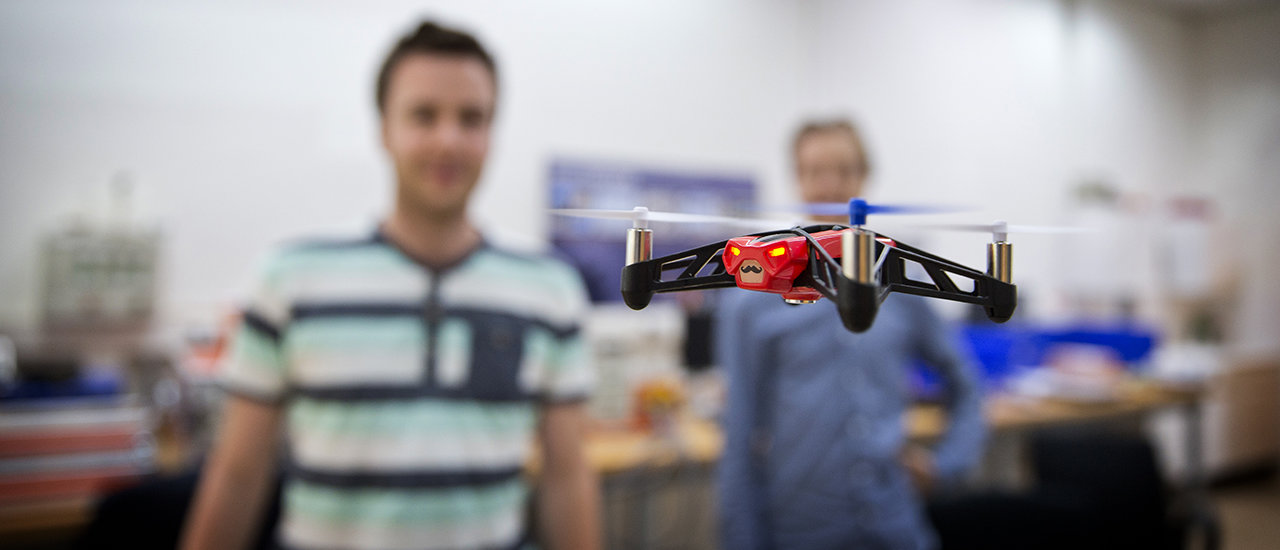27 June 2024
Santiago Valencia Ibáñez recognized for pioneering aerospace design strategies
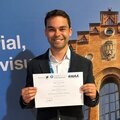
Santiago Valencia Ibáñez has been awarded first place at the 20th Pegasus-Europe AIAA student conference 2024 for his Master’s thesis on system architecture optimization in aerospace engineering. His work aims to prevent the premature dismissal of product architectures that could lead to the best-performing designs, crucial for next-generation, sustainable aircraft. The results of Ibáñez's thesis make it easier to identify the most promising and feasible designs.
25 June 2024
ESA press release: drone racing prepares neural-network AI for space
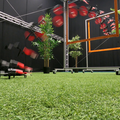
Drones are being raced against the clock at Delft University of Technology’s ‘Cyber Zoo’ to test the performance of neural-network-based AI control systems planned for next-generation space missions. The research – undertaken by ESA’s Advanced Concepts Team* together with the Micro Air Vehicle Laboratory, MAVLab, of TU Delft – was published in the latest issue of Science Robotics.
21 June 2024
TU Delft presents faster and safer suit for kiter Annelous Lammerts
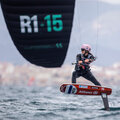
For the first time, kitesurfing is on the Olympic Games programme, with the Dutch Annelous Lammerts as one of the top participants. Using the Formula Kite, a hydrofoil under the kiteboard, Lammerts can reach speeds of over 70 km/h. This speed involves increased risks and aerodynamic challenges. Therefore TU Delft, in collaboration with TeamNL and textile innovation start-up WEEV Textiles, developed an advanced aerodynamic and cut-resistant suit.
06 June 2024
TU Delft to appoint Airbus Professor of Practice
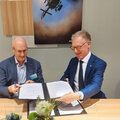
On 6 June 2024, TU Delft and Airbus signed an agreement to select a Professor of Practice from Airbus for the faculty of Aerospace Engineering. The Professor of Practice, who will be recruited in the coming period, will align the research agendas on a strategic level, but also bring in operational knowledge and experience to education, research, innovation projects and lifelong learning at the university.
30 May 2024
TU Delft in third place in QS subject ranking 2024
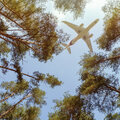
TU Delft ranks third in this year's influential QS World University Subject Rankings for Mechanical, Aeronautical & Manufacturing Engineering. In the rankings, MIT is - still - in first place, followed by Stanford University. TU Delft is at number 3. This is higher than Cambridge University, Harvard and ETH Zurich.
16 May 2024
Innovative aviation liquid hydrogen project launched
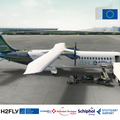
TU Delft is one of the academic partners in an innovative aviation hydrogen handling and refuelling project, led by Airbus and supported by academic partners, airport operators and leading hydrogen-industry companies that was launched on 16 May in Brussels. The project, co-funded by the European Union, has been launched to demonstrate small-scale liquid hydrogen aircraft ground operations at three European airports, including Rotterdam The Hague Airport.
15 May 2024
Animal brain inspired AI game changer for autonomous robots
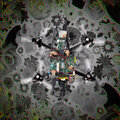
A team of researchers at Delft University of Technology has developed a drone that flies autonomously using neuromorphic image processing and control based on the workings of animal brains. Animal brains use less data and energy compared to current deep neural networks running on GPUs (graphic chips).
07 May 2024
Scale model with distributed electric propulsion makes its maiden flight
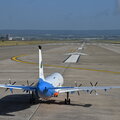
On the 2nd of May 2024, a scaled version of a large passenger aircraft with distributed electric propulsion undertook its maiden flight. Further testing will follow to qualify and measure its dynamic flying behaviour, aimed at understanding the advantages of this Distributed Electric Propulsion technology for large passenger aircraft.
29 April 2024
Milestone for TU Delft OPEN Publishing with 100th book release

29 April 2024
Underground ocean of water and ammonia on Saturn moon Titan
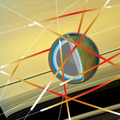
Measurements from the Cassini satellite indicate an underground ocean of water and ammonia in Saturn's moon Titan. Scientists from NASA and TU Delft have made a new analysis of precise measurements of the satellite's velocity as it flew past Titan. The speed is affected by small changes in the moon's oblateness. It was then deduced from the calculated flattening that the ocean has a lower density than previously thought and may contain a small proportion of ammonia. The antifreeze effect of ammonia may explain why the ocean is not yet frozen. The work is based partly on an internship and graduation theses by two now-graduated former Aerospace Engineering students at TU Delft. Today the research paper on the work is published in Nature Astronomy.
